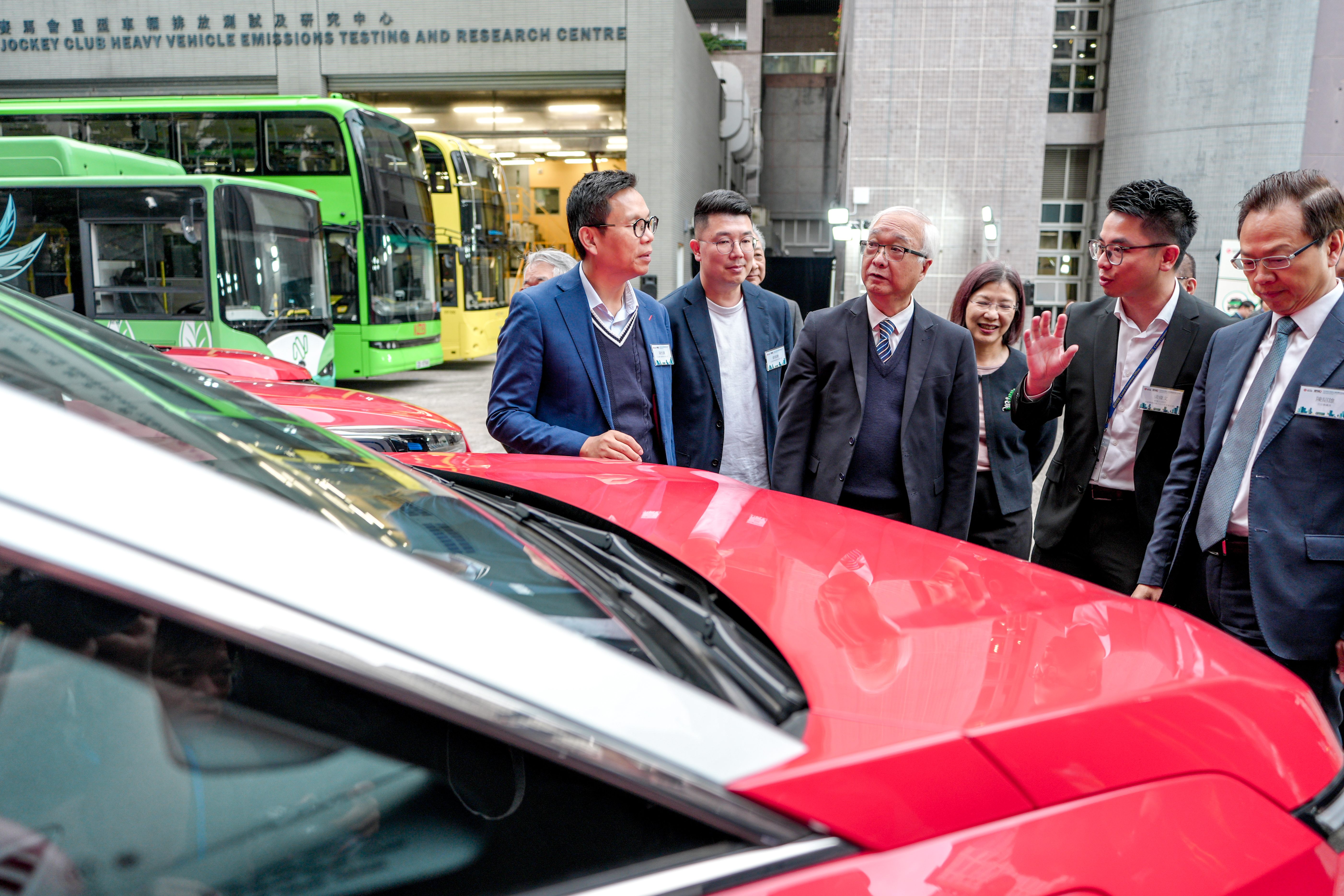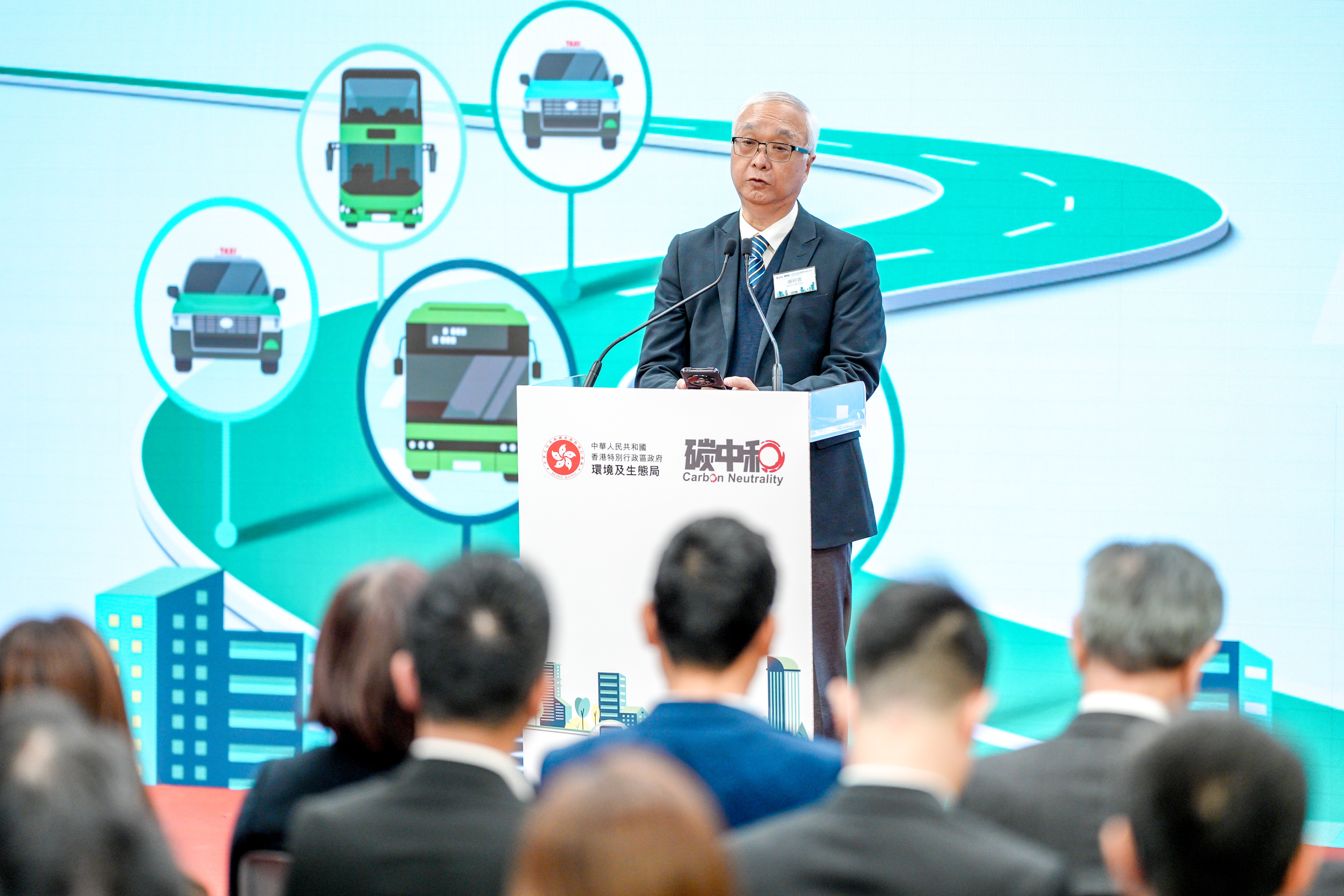
The Hong Kong Special Administrative Region government plans to introduce 700 electric buses and 3,000 electric taxis by 2027 as part of its strategy to phase out fossil fuel-powered vehicles by 2050, officials announced on Tuesday.
Additionally, at least 500 new rapid charging ports will be installed throughout the city without imposing costs on passengers, they added.
“Transportation accounts for 20 percent of Hong Kong’s total carbon emissions,” said Secretary for Environment and Ecology Tse Chin-wan at the launch of a road map aimed at decarbonizing the public bus and taxi fleets.
“Hong Kong’s public bus and taxi fleets emit 1.4 million metric tons of carbon each year, representing 4 percent of the city’s total emissions,” he said.
ALSO READ: HK to boost green transport to attain net-zero goal
The road map outlines government subsidies for 600 electric buses, with each subsidy capped at HK$400,000 ($51,440) or 25 percent of the total cost for replacing or acquiring vehicles, whichever is lower.
The government will also assist in replacing 3,000 of the oldest taxis with electric models, offering subsidies of HK$45,000 per vehicle, which account for 10 to 25 percent of the cost of electric taxis.

To enhance charging infrastructure, the government proposed four measures, including converting traditional gas stations into fast-charging stations.
Tse noted that HK$750 million (about $96.4 million) has been allocated to support these initiatives, and the government will soon invite industry stakeholders to collaborate on this initiative, aiming to leverage market forces to increase the availability of charging ports.
ALSO READ: Electric buses set to roll out in HK
Tse said the transition will be implemented gradually, ensuring that costs are not passed on to passengers.
Affordability remains a challenge, as electric buses typically cost 50 percent more than diesel-powered ones.
However, Tse said that six to seven out of every 10 newly registered private vehicles are electric, indicating that the price gap is narrowing and making substantial government subsidies less necessary.
He expressed confidence that the rapid expansion of charging infrastructure and the introduction of new electric vehicle models will further reduce costs.
READ MORE: Expert: HK green initiatives bode well for future
This initiative aligns with the nation’s ambitious goal to peak carbon dioxide emissions before 2030 and achieve carbon neutrality by 2060.
The road map concept was disclosed in the 2023 Policy Address by Chief Executive John Lee Ka-chiu, who pledged to promote new energy vehicles including electric public minibuses, electric heavy goods vehicles, electric tourist coaches, hydrogen-powered double-decker buses, and hydrogen street sweepers.


